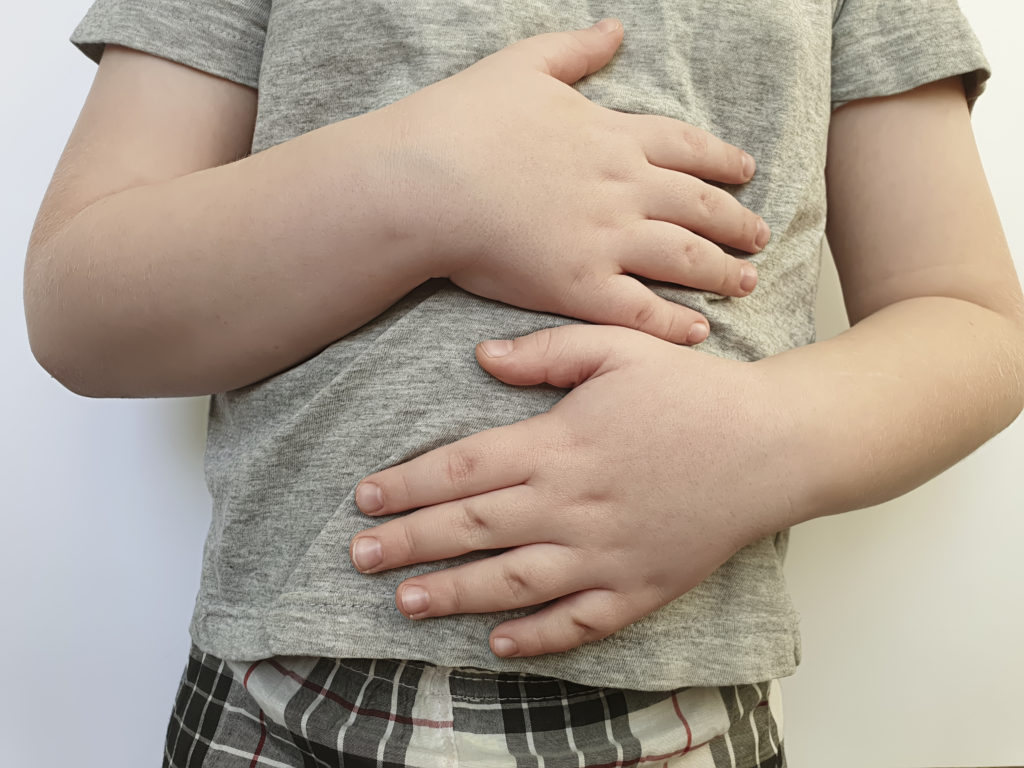


Families of children with IBD (inflammatory bowel disease) are to be offered ongoing support as part of a new Camp Simcha project, in collaboration Jewish Digest.
Parents with a child who has had a new diagnosis of either Crohn’s or colitis are already able to call on Camp Simcha for short term practical and therapeutic support until their condition is stabilised. However, the new collaboration will see the two organisations offering long term assistance to those coping with this chronic illness in the form of support groups and health information events with IBD medical professionals.
Daniel Gillis, deputy chief executive and head of services at Camp Simcha, said: “All childhood illnesses deserve the Camp Simcha way.
“It’s underlying conditions, such as Crohn’s and Colitis, that people don’t appreciate as much. Just because it is not something you see, does not mean the impact on a child isn’t major.”
IBD is more commonly found among Ashkenazi Jews than the wider population, but the nature of bowel conditions mean people often feel uncomfortable to talk about them. Jewish Digest works to promote awareness and share information about these conditions so the collaboration with Camp Simcha was an obvious one.
“With IBD, children have got this underlying condition, which has a huge impact on their lives – especially as so much of Jewish life is about food. Outwardly people don’t really see that and that can be really isolating.
“A mother recently contacted us saying ‘I feel like we’re the only ones in my child’s big secondary school dealing with Crohn’s’,” said Mr Gillis. “I told her we knew of at least another five families. Often families feel like it’s just them which is why we’re trying to branch out and facilitate these opportunities to connect.
Parent Louise Shama turned to Camp Simcha after her eldest son Benji was diagnosed with Crohn’s disease back in March.
Now 15 and in year 11 at Yavneh College in Borehamwood, where the family live, Benji first started experiencing symptoms in October 2021.
“When Benji was initially diagnosed at Great Ormond Street they kept him in for four days. That was hard on all of us, worrying about what’s going to happen and the long term impact,” said Louise, 40, who has three other children with husband Richard, 42.
“For him the diagnosis was a relief as it gave him answers and treatment which made him feel better, but it was still difficult to process.
“It was quite a shock for us and his siblings were very worried about him,” said Mrs Shama, a midwife.
“Our main reason for getting in touch with Camp Simcha was because my youngest daughter, who is seven, was really struggling with everything.
“My son had done lots of googling on things like life expectancy. She picked up on it and was very worried about him.
“It was also difficult not having us around a lot when he was in hospital and not being there for school pick-ups.”
“My daughter started with art therapy which was really good,” said Mrs Shama, adding that they have a family liaison officer who is in regular contact.
Perhaps the biggest lifeline, however, has come from the support group they are now part of, with other families affected by IBD.
“Camp Simcha introduced us to parents of children who have Crohn’s and colitis which has been great. The other mums are all quite local and are going through the same thing,” said Mrs Shama.
The treatment has been “life changing”, she said, but the process is ongoing so having the support network has proved “invaluable”.